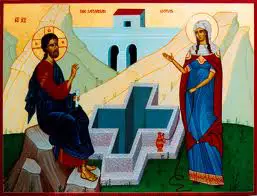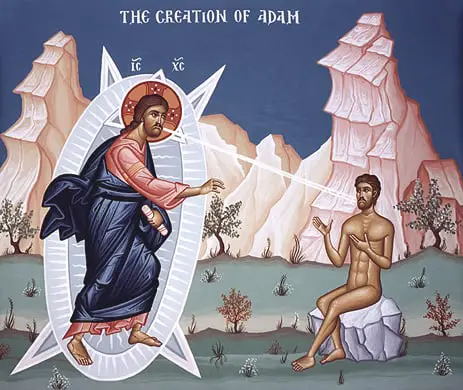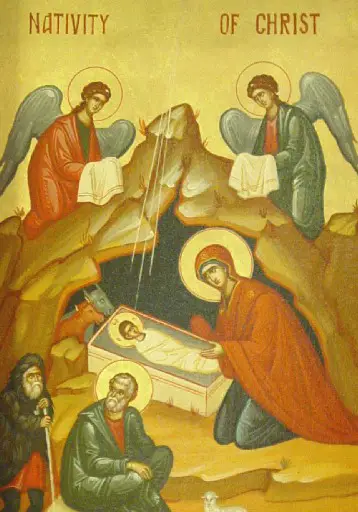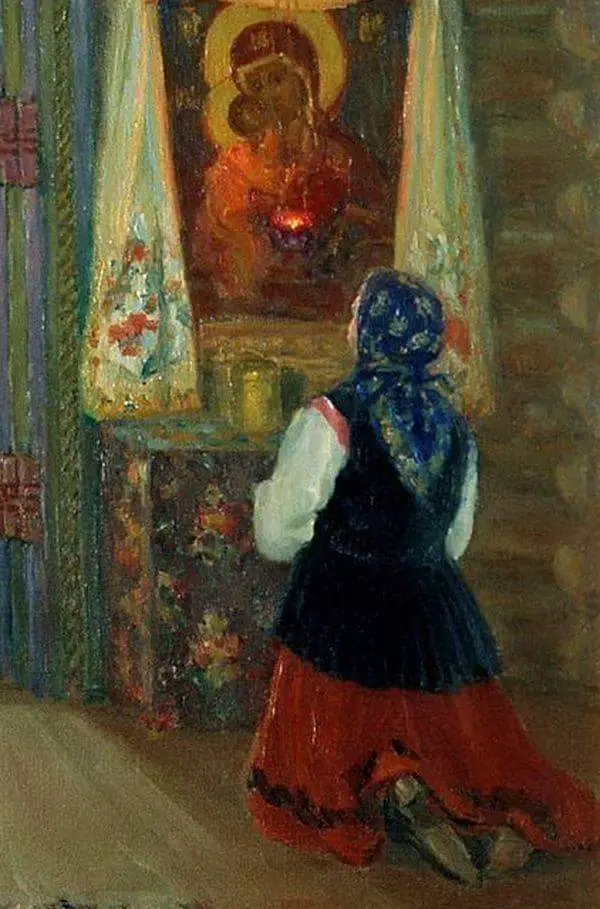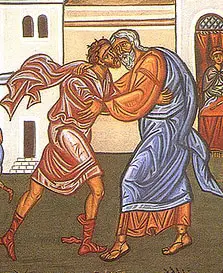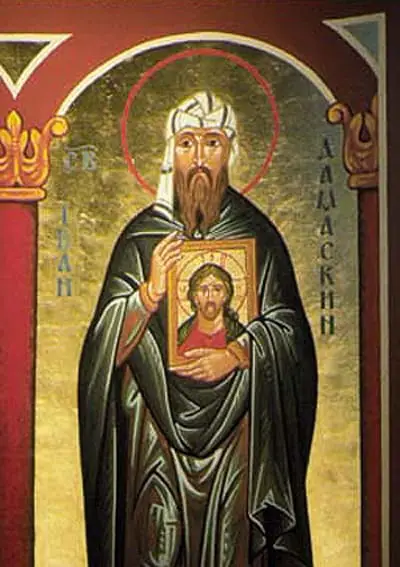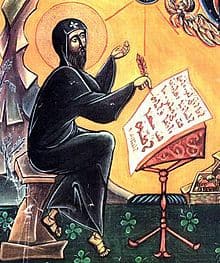St. John Maximovitch: . . . God saves His fallen creature by His own love for him, but man’s love for his Creator is also necessary . . .
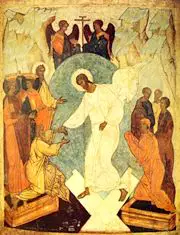
Now the Church consists of both her earthly and heavenly parts, for the Son of God came to earth and became man that He might lead man into heaven and make him once again a citizen of Paradise, returning to him his original state of sinlessness and wholeness and uniting him unto Himself.
This is accomplished by the action of Divine grace grated through the Church, but man’s effort is also required. God saves His fallen creature by His own love for him, but man’s love for his Creator is also necessary; without it he cannot by saved. Striving towards God and cleaving unto the Lord by its humble love, the human soul obtains power to cleanse itself from sin and to strengthen itself for the struggle to complete victory over sin.
+ St. John the Wonderworker of Shanghai and San Francisco, “The Church as the Body of Christ,” Man of God: Saint John of Shanghai & San Francisco

